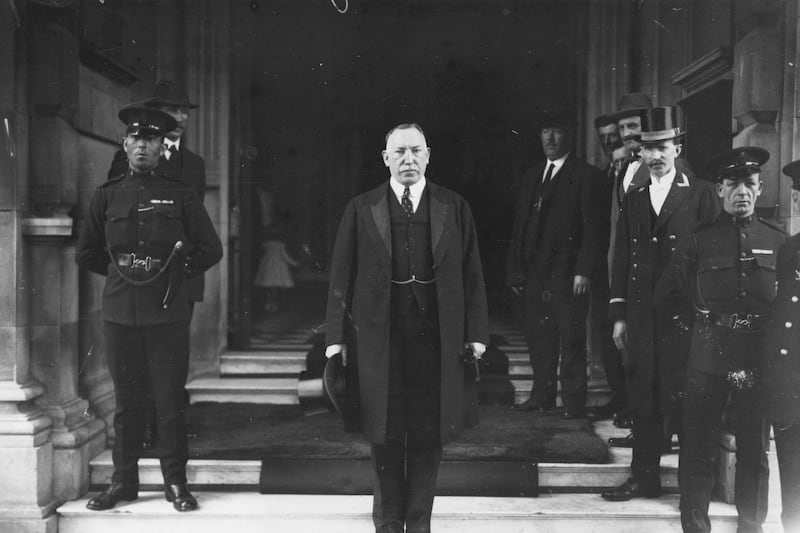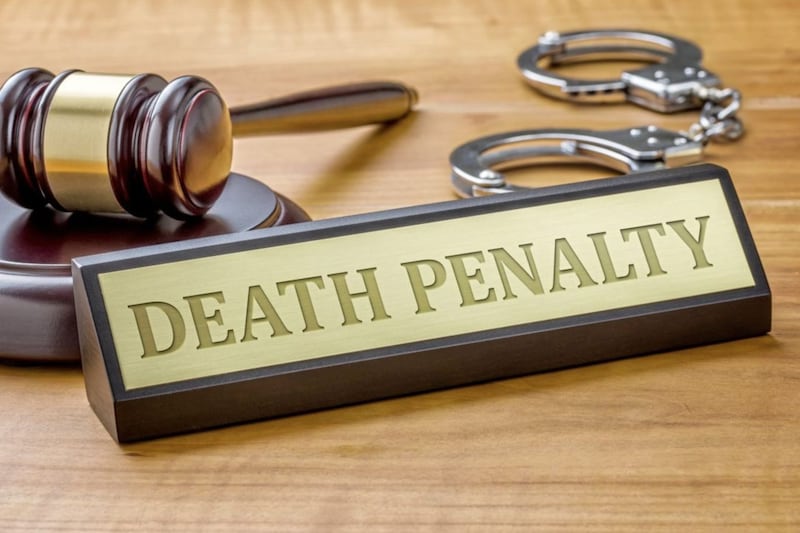August 27 1974
“This was British military insensitivity as its worst,” said Mr Michael Canavan, Derry SDLP Assemblyman, commenting on an incident at the army checkpoint in Culmore Road.
Mr Canavan said that a Northern Ireland Hospitals Authority van, marked as such, was being driven by an authorised NIHA driver who produced his driving licence at the checkpoint.
He said the van was carrying two special care patients to a local hospital. Despite the fact that the driver’s identity and authority were not in doubt, the van and its occupants were driven to the British Army camp at Strand Road where the driver was interrogated for almost two hours. During that time the special care patients were left in a waiting room.
“I have lodged a very strong protest and the army has promised to investigate,” said Mr Canavan. It is understood that the facts have also been reported to the Hospitals Authority which is considering the matter.
The intrusive military checkpoints the British Army subjected local communities to were sometimes severely criticised for stepping way beyond the bounds of acceptable treatment, as with this case on Culmore Road in Derry.
***
Independent Ulster State
Derry City SDLP councillor Thomas A O’Doherty said last night that politicians of all shades of opinion from Northern Ireland should discuss the setting up of an independent, sovereign, nine-county Ulster state independent from Dublin and Westminster.
Mr Donovan said the Dublin Government would have to revoke its claim of sovereignty over Northern Ireland and that Britain in return could set a date for complete military withdrawal and subsidise the new state until it would be fully integrated with the EEC.
He emphasised that he was not putting forward party policy but merely his own views about the best way to govern. “Surely after five years of killing and destruction there must be a radical re-think of the whole Irish question,” he said.







